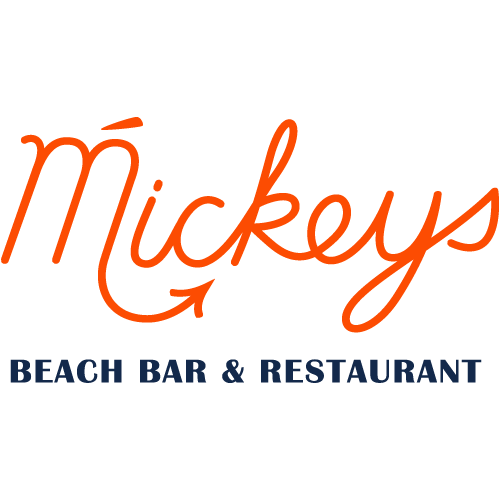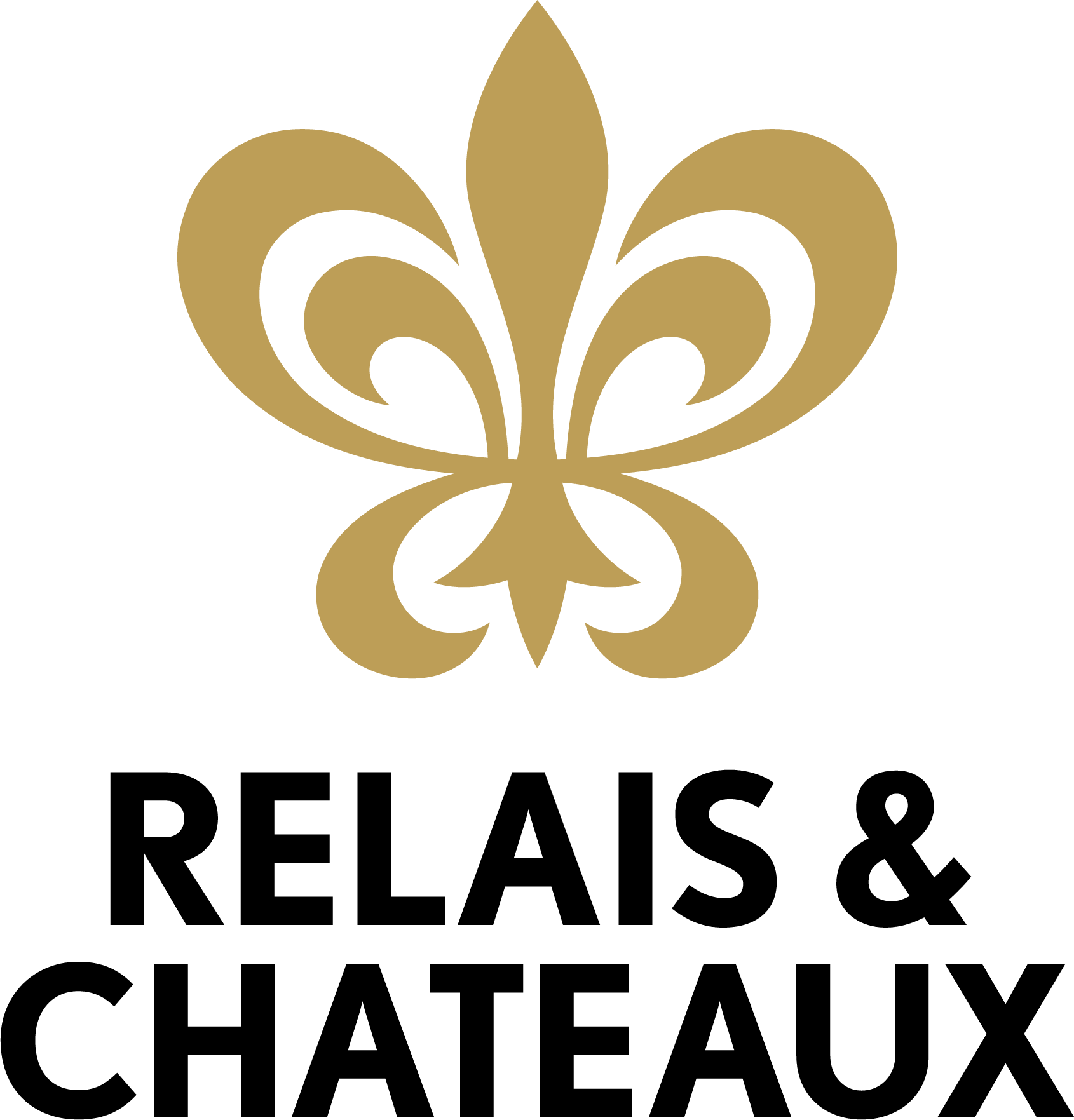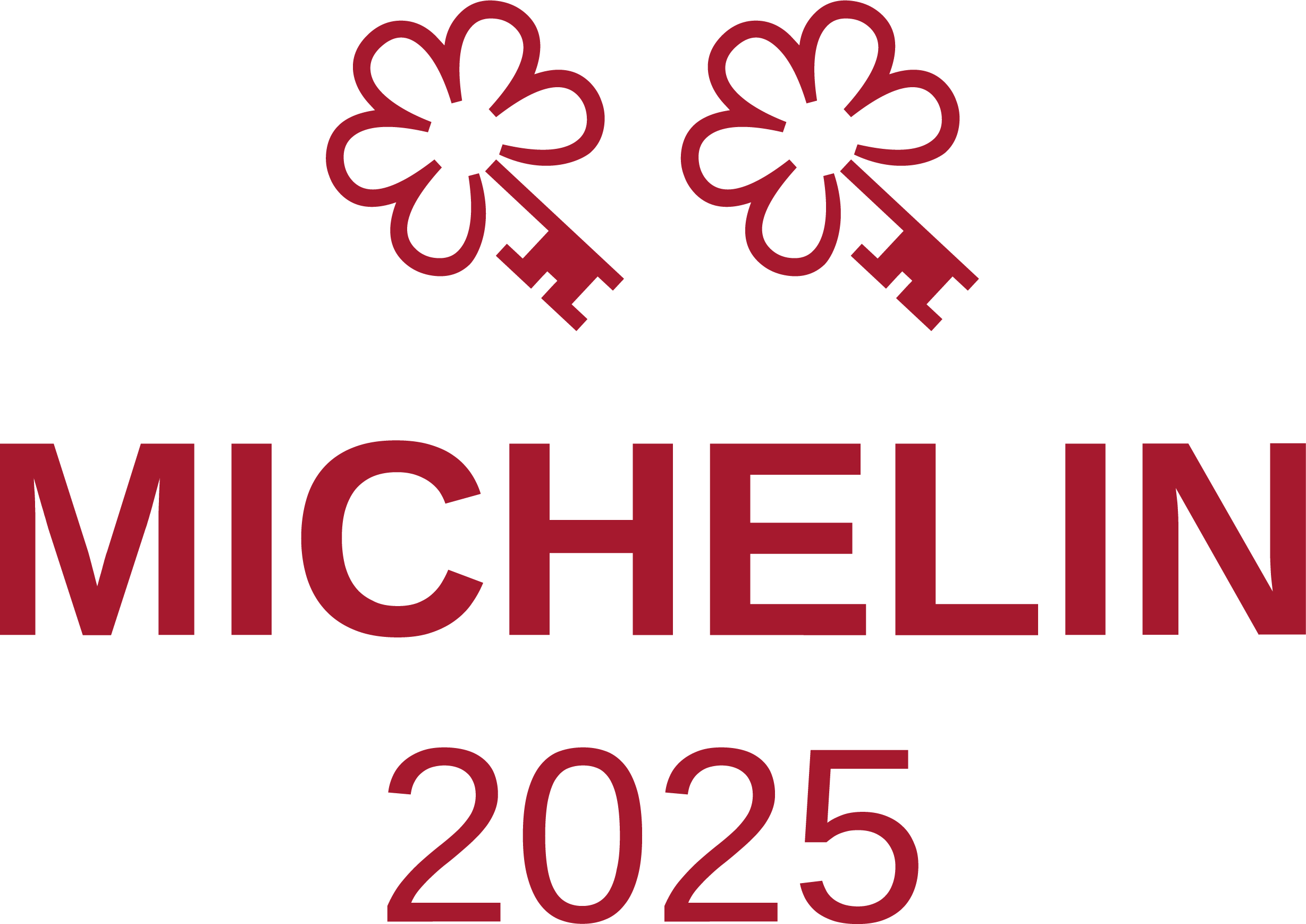Our pledge to a more sustainable world
Lympstone Manor Hotel is deeply committed to creating a more sustainable and equitable world through the art of hospitality and cuisine. Our Sustainability Plan aligns with Relais & Châteaux’s “In Harmony With All Life On Earth” initiative, built upon 12 commitments to sustainability and pledged to UNESCO in 2024.
Below, we outline our own goals and actions across environmental, social, and economic sustainability pillars.
We are committed to reviewing and updating our Sustainability Plan annually. This includes publishing detailed reports to track progress toward our goals and ensuring accountability to stakeholders.
Through these efforts, we aim to build a more respectful, united, and sustainable world, in harmony with all life on Earth.
ENVIRONMENTAL SUSTAINABILITY
Biodiversity Management
- Active planting and maintenance of plant pollinator-friendly species.
- Managing estate trees to enhance local ecosystems.
- Maintain the estate beehives and support the local biodiversity with initiatives such as the introduction of a bug hotel.
- Diversification of the landscape through allowing parts of the estate to re-wild.
- Include staff and guests in our biodiversity and conservation programmes through education events, vineyard tours and sharing of information.
Water and Flood Management
- Managing the estate in line with flood protection focusing on the lower estate, the historic boundary of the estate and managing water runoff into the brook
- Monitoring flood risk related to the Exe Estuary.
- The hotel has dynamic dual flushes in bathrooms and restrooms to reduce water usage.
- Working in harmony with our neighbours; the National Trust; to manage our boundaries including our ponds and nature reserve area for the protection and management of the dividing brook that feeds into the Exe Estuary.
- Maintain active planting measures have been added around the lower boundary in the flood zones to assist with water management.
Waste Reduction
Our ethos is to Reduce, Recycle and Reuse
- No single-use plastics with initiatives such as aluminium toiletries, working with suppliers to eliminate unnecessary packaging, and partnering with Nespresso to recycle coffee pods.
- Working with Coastal Recycling to utilise best practices for recycling waste management, and educate staff on recycling best practices.
- Collections for cooking oil for recycling into fuel.
- Using our own compost made from garden and compostable waste.
- Michael’s cooking ethos of carcass balance to minimise wastage from the carcass and using lesser-known cuts of meat.
- The making of stocks and sauces to ensure all parts of the ingredients or protein is used.
- Menu management selecting dishes or creating menus that provide choice to the guest across the different experiences but sharing core ingredients or different parts of the ingredients to ensure balanced approach and less food waste.
Sustainable Sourcing and Cuisine
- Promote a plant-rich menu and dishes providing guests with a choice.
- Select local and seasonal food suppliers that encourage and actively work towards sustainable farming practices.
- Support local farmers for regenerative farming and educate communities through Michael’s participation in educational talks and public events.
- Continue with our carcass balance ethos where we ensure that we use as much as possible of the carcass to prevent waste and utilise lesser-known cuts of meat.
- Using local fishing fleets for our supply; adhering to the Seafood Responsible Fishing Scheme.
Winemaking Sustainability
- Protect wildlife and local habitats around the vineyard by maintaining non-cultivated boundaries.
- Continue low intervention vineyard management through natural resources such as sheep grazing in the off-season to replenish nutrients into the ground for soil health, encourages clover growth and assists with grass maintenance.
- Products used in the disease management process are carefully selected within the DEFRA regulation guidelines and managed responsibly in relation to our proximity to the estuary and water runoff.
- The wine making process uses three parts of the press to reduce by-product waste. Rosé is made from the second press of the Classic Cuvée, and the Gin and Eau de Vie from the grape pomace.
- Using natural-based produced for posting and packaging of Lympstone Manor Wine Estate retail products.
- Vinification process is conducted locally reducing our carbon footprint for grape deliveries.
Energy Efficiency
- Utilising electric golf buggies and cars for staff and guest transportation.
- Providing electric vehicle charging points on-site.
- The hotel has timers for lights in admin areas and outdoor lighting.
- Voltage reducer to cut energy consumption are in place.
SOCIAL SUSTAINABILITY
Cultural and Natural Heritage Preservation
- We acknowledge we a act as custodians of the Grade II listed Lympstone Manor, restoring its historic Lady’s Walk, tree protection in our conservation areas and three estate ponds.
- Advocate for the protection of the Exe estuary, a Site of Special Scientific Interest (SSSI), and the Jurassic Coast. Promoting its importance through our visitor information and marketing channels. Creating experiences that allow guests to connect on a personal level to the nature around us and embody a sense of responsibility. Both the Exe Estuary is a natural habitat and the Jurassic Coast of important world history and cultural significance.
Community Engagement
- We actively collaborate with local tour guides to offer bespoke educational tours highlighting the area’s biodiversity and natural heritage.
- We actively promote Exmouth and Devon as a destination for eco-tourism and cultural experiences both nationally and internationally.
Education and Training
- We offer apprenticeships via the Lympstone Manor Apprenticeship, Michael Caines Academy, and Concord Apprenticeship Schemes.
- Supporting trainee chefs through the Michael Caines Academy, embedding sustainability knowledge into their education.
support for good causes
- With Relais and Chateaux, we participate in national and global initiatives such as World Ocean Day and the Slow Food initiative. Igniting important conversations and education amongst our audiences.
- We fundraise for local charities, including RNLI Exmouth, Exeter Chiefs Foundation, and Down Syndrome International, through awareness campaigns and discretionary guest donations.
- We seek to promote charitable and community engaging projects through events, charity dinners and our social media.
Equity and Inclusion
- Our recruitment focuses on local hiring and maintaining a workforce of 70-80 staff, including seasonal workers.
Preserve the Local Hospitality & Culinary Traditions
- Maintaining Lympstone Manor’s Grade II listed architecture and historic gardens, ensuring their legacy for future generations.
- Showcasing the biodiversity of the South West through creative, seasonal menus that celebrate local fishing and farming traditions.
- Collaborating with local artisans, craftspeople, and producers to co-create unique guest experiences.
- Partnering with local schools and community groups to deliver educational programmes on nutrition, sustainable eating, and biodiversity.
economic SUSTAINABILITY
Supporting Local Economies
- We actively seek to procure from local and regional suppliers to reduce our carbon footprint and support the local economy.
- Promotion of local crafts and products through partnerships and guest experiences.
Staff Wellbeing
- Introduced a staff committee to foster open communication and gather feedback on workplace improvements.
- Include sustainability on the staff committee agenda to discuss topics such a sustainability practices, ideas and development goals.
- Provide competitive salaries, ongoing professional development opportunities, and a fulfilling work environment.
Charity and Awareness
- Collect discretionary donations through food and beverage bills, supporting local environmental, health, mental health, education and youth-focused charities.
- Raise awareness of environmental issues among guests and stakeholders.













